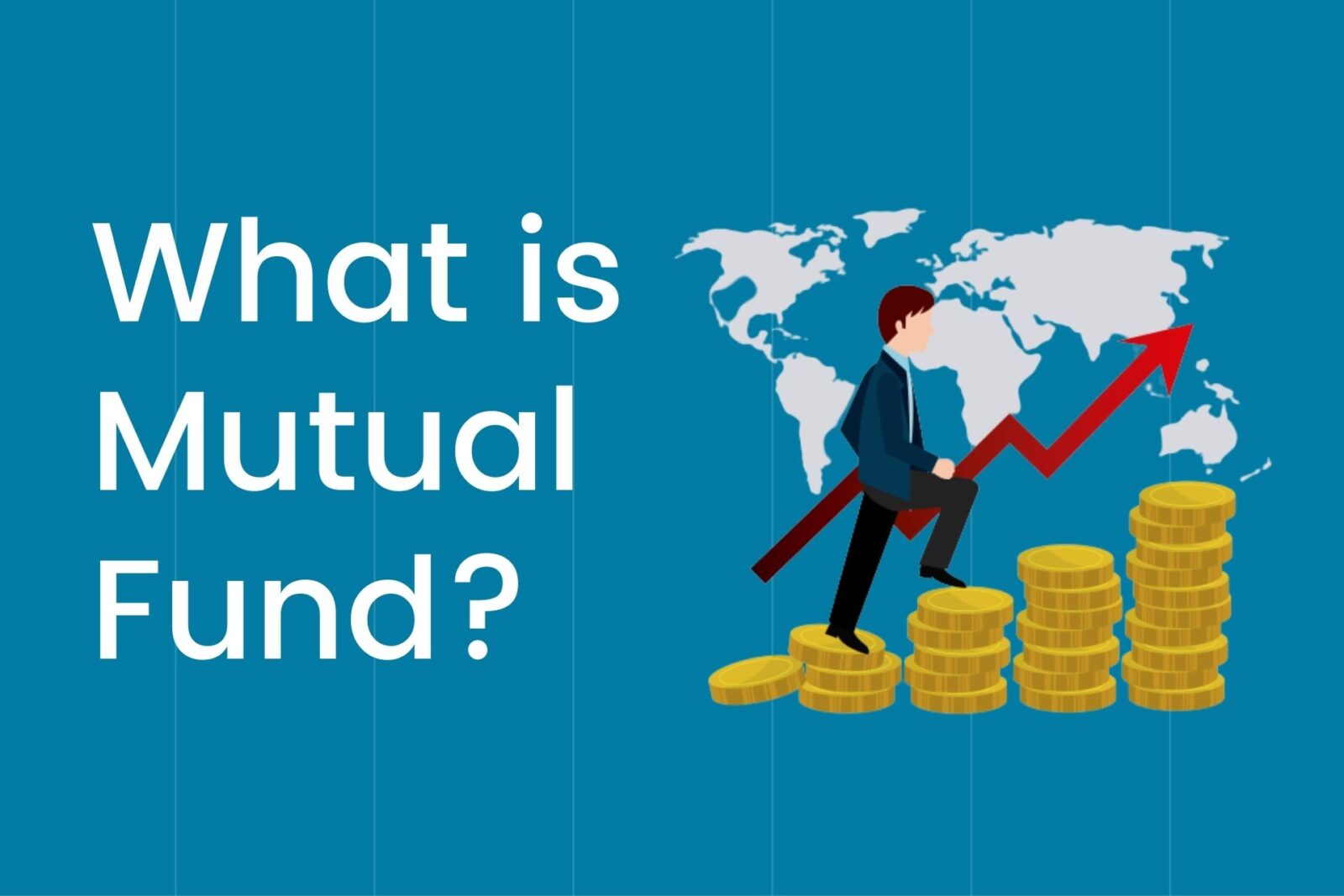A mutual fund collects assets from shareholders to invest in stocks, bonds, and other securities. If you invest in mutual funds, you and other investors pool money together. A fund manager looks after the pooled assets and uses them to invest in different financial instruments.
If you choose this popular investment channel, you will come across different types of mutual funds in the market. Considering your investment goals is necessary to determine the right type of mutual fund for you. Keep exploring to learn about some of the popular types of mutual funds available in India.
-
Equity Funds
These funds use the pooled money from different investors to buy stocks of different companies. The profits and losses of equity funds will depend on how the shares perform in the stock market. The volatility of the stock market makes investing in equity funds risky. But they can yield a high return over a long period.
-
Debt Funds
The pooled assets from these funds are invested in bonds, treasury bills, and Government- backed securities. Debt funds are invested in fixed-income instruments like gilt funds, fixed maturity plans, liquid funds, and monthly income plans. The investments have a fixed maturity date and interest rate. The debt funds help passive investors with a low-risk appetite to earn a regular income from interest and capital appreciation.
-
Index Funds
These funds closely monitor the performance of a particular index. Therefore, the value of an index fund depends on the performance of the index in the market. Since the fund manager does not have to perform much research, index funds have a low management fee.
-
Money-Market Funds
Similar to the stock market, investors can also invest in the capital market. The assets in money-market funds can be used for buying short-term fixed-income securities from the capital market. While money-market funds are safe, they have a lower return than other types of mutual funds.
-
ELSS Funds
Equity Linked Saving Scheme funds is for tax-saving purposes. Gradually, they have become popular among different categories of investors. These funds can maximize your wealth by reducing your tax liabilities.
ELSS funds can generate non-taxed returns of 14-16%. Moreover, they come with a low lock-in period of only three years. ELSS funds are perfect for salaried people with long-term investment goals.
-
Hybrid Funds
These funds are a combination of equity and debt funds. The assets in a hybrid fund are invested in stocks as well as bonds in a ratio of 40:60. These funds can generate higher income while reducing risk.
Ending Note
Investors usually choose SIPs to invest in mutual funds because they create a financial discipline. But what is SIP in mutual funds? A Systematic Investment Plan invests a specific amount in a mutual fund at a set frequency.
It enables hassle-free investment without the investor having to time the market. So, start assessing your investment objectives and choose SIPs to invest in the most suitable type of mutual fund.
FAQs:
- What is the right age for mutual fund investments?
You can start investing in mutual funds as you turn 18 in India. It is prudent to start investing as soon as you start earning.
- Are debt funds risk-free investments?
Debt funds are not completely risk-free. But they are less risky than equity funds.
- Which mutual fund is for investing in other schemes?
The fund of funds is useful for investing in other mutual funds. These funds can help you reach your investment goals.
- Which mutual fund will provide me with a regular income after retirement?
You should invest in long-term plans to get a steady income after retirement. Pension funds are the best for a steady source of income after retirement. But you should consult your financial advisor before making a decision.
- Can I save tax by investing in mutual funds?
If tax-saving is your goal, you should invest in ELSS funds. These funds might be risky, but you will get extremely high returns if they perform well.
Disclaimer– Mutual Fund investments are subject to market risks; read all scheme-related documents carefully.












